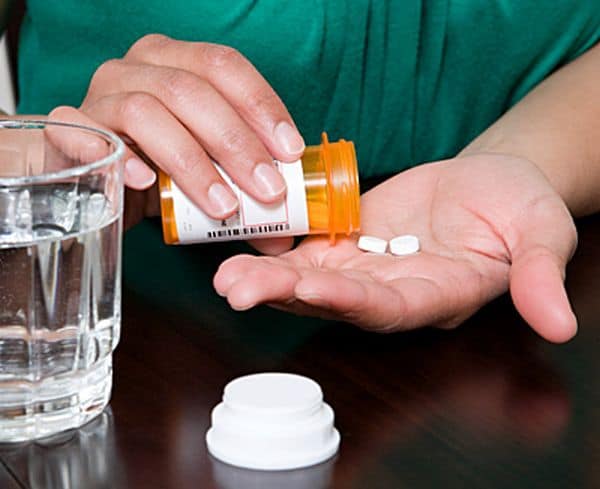Addiction is a serious and complicated disease that affects millions of Americans of all ages. This disease destroys the physical and emotional health of the addict, affects every aspect of his or her life, and puts all personal relationships at risk.
In many cases, men are able to hide their addiction problems longer than women can. Perhaps this is due to the fact that men are not as comfortable sharing their feelings and problems, or they’re simply unable to face the issue and denial becomes the primary response. This can make it doubly hard for men with addiction to ask for the help that they need.
If you’re concerned that the man in your life may have an addiction problem, learn more about the signs and symptoms below.
1. Issues at School or Work
When someone is suffering from addiction their priorities shift and work or school may no longer be their main focus. When this happens, performance slips and people start to take notice, but they may not be able to identify the problem right away.
If your husband or partner begins missing work or classes due to consistent hangovers, oversleeping, or claiming an unidentifiable illness, it might be time to ask for help. The cause of the absences and reduced performance might not be alcohol or drugs, but if you suspect that it is, it’s best to do whatever you can to get your partner the help he needs.
2. Money Troubles
One of the earliest and most telling signs of someone’s addiction is a problem with money. As the addict becomes more and more wrapped up in their problem, the need to increase their use of drugs or alcohol becomes very apparent. This results in the need for more money to fund their habit.
If you partner is secretive about money or refuses to discuss discrepancies in the family’s finances with you, or if you learn that he is borrowing money from other people, it could be a sign that this money is used for the purchase of drugs and alcohol. This can be especially troublesome if bill payments are not being made on time, or if there is no money left for food or other necessities.
When missing money becomes an issue it’s time to take action.
3. Legal Problems
Legal problems such as an arrest for driving while intoxicated or possession of drugs is a very serious sign that there is a problem. Drunk driving is extremely dangerous and can kill the driver and innocent bystanders. If your partner is arrested for drunk driving the time to address the issue is now, before it’s too late.
Possession of controlled substances is a serious offense and can result in jail time. An arrest for this crime is not something to be taken lightly. Your partner may try to lie about the offense, or may not treat it with the seriousness it deserves. This is a good sign that he has a serious problem.
4. Strange Behavior and Mood Swings
Drugs and alcohol can cause odd behavior and mood swings, especially if the addict is suffering from withdrawal. Sudden anger, depression, and lethargy can all be signs that there is an addiction problem, especially if these moods seem to come from nowhere.
Because the addict is not likely to be willing to discuss these sudden behavioral changes, perhaps talk to friends and family to see if they are noticing the same things.
5. Frequent Doctor Visits
Prescription drug abuse is on the rise, and more and more people are becoming addicted to pain medication. Since only a doctor can prescribe this medication and the prescriptions are tightly controlled, signs of frequent visits to other doctors could indicate a problem.
Referred to as “doctor shopping,” the practice of visiting more than one doctor to obtain prescriptions is dangerous and illegal. If you notice that your insurance company is denying charges for office visits, or that unusual charges for doctor’s visits appear on your bank statements, this could be a sign that your partner is seeking prescription drugs.
If the man in your life exhibits any of these signs of addiction it’s time to get help. Speak with your family doctor, counselor, or other trusted advisor and learn more about how you can get him the help that he needs. His life may depend on it.
Article Submitted By Community Writer







